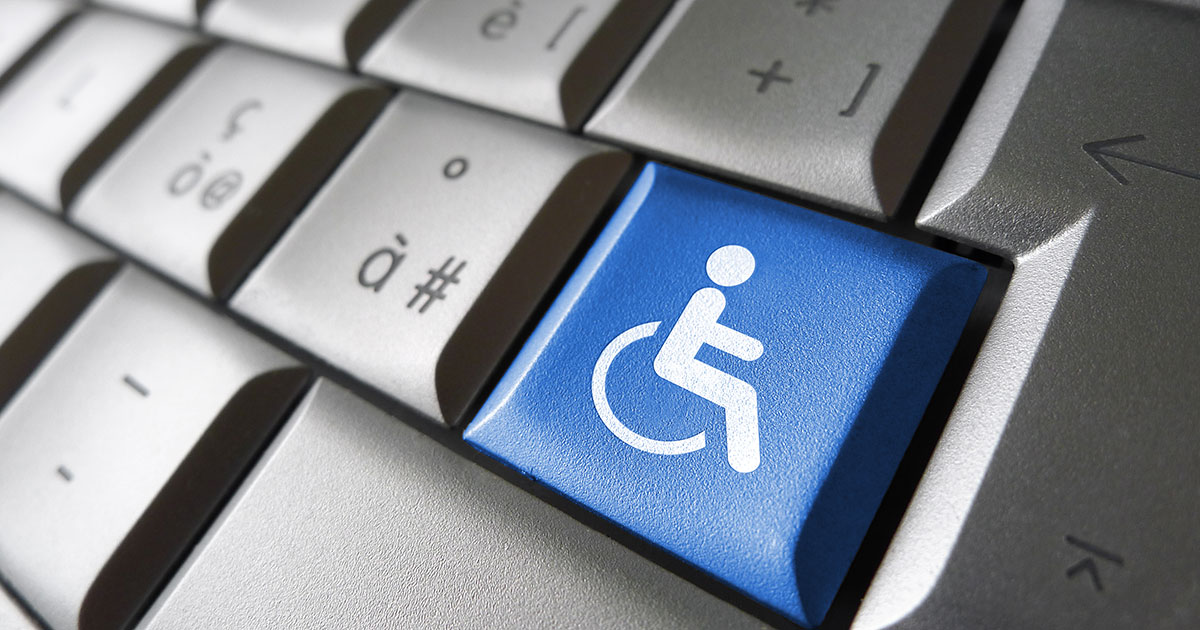Every individual, regardless of their abilities, should have equal access to information and services online.
By making websites accessible, we encourage inclusivity and ensure that nobody is left behind in the digital realm. It's about creating an internet that is for everyone, regardless of their physical or cognitive limitations.
Legal Compliance
Failure to make websites accessible may lead to lawsuits, fines, and damage to reputation. Ensuring accessibility mitigates legal risks and also demonstrates a commitment to social responsibility and ethical business practices.
Expanded Audience Reach
By designing websites with accessibility in mind, businesses and content creators can reach a broader audience. People with disabilities constitute a significant portion of the global population. Catering to their needs can potentially attract new customers, clients, or users.
Improved User Experience
Accessibility features often enhance the user experience for everyone, not just those with disabilities. For instance, captions in videos benefit users in noisy environments or those who prefer muted content. Clear and concise website navigation aids all users in finding information quickly. Designing for accessibility promotes user-friendly interfaces. This leads to higher satisfaction and engagement levels across the board.
Search Engine Optimization (SEO)
Many accessibility practices align with SEO best practices. Using descriptive alt text for images, creating logical headings, and providing subtitles for videos all help boost SEO. Search engines prioritize websites that offer a seamless user experience, which includes accessibility features. Investing in accessibility can improve a website's search engine ranking and visibility.
Ethical Responsibility
Beyond legal obligations and business advantages, ensuring accessibility is the right thing to do. Denying people with disabilities equal access to online resources perpetuates discrimination and exclusion. Embracing accessibility reflects a commitment to equality, diversity, and human rights.


